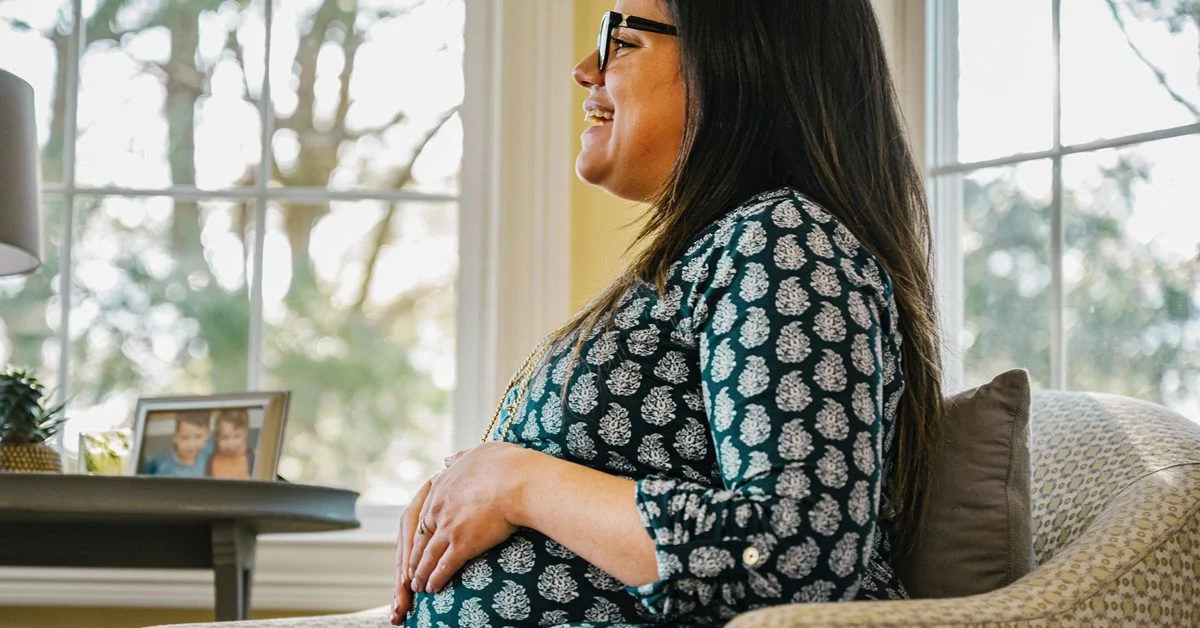As I sit in our local community park on this vibrant October afternoon, I notice the energy buzzing around me. At least 45 children are darting about, their laughter echoing in the crisp air. Nearby, two young girls skip hand in hand, sweetly harmonizing as they go. I can feel the fresh air swirling with sand and leaves, invigorating my senses. A brother-sister duo, both around four, are engaged in a lively raspberries battle, their father half-heartedly urging them to stop as he stares at his smartphone. I empathize with him; I know that feeling of defeat all too well.
To my right, a toddler, nose covered in a gooey green mess, blows a whistle like it’s his lifeline while shouting, “I not going home!” What a sight! And to my left, a young woman in her mid-30s gently supports a sleeping child snugly strapped to her chest. How is that toddler still asleep? I wonder, recognizing the sheer exhaustion that comes with parenting.
Amid my observations, I spot my son and am jolted back to reality — we’re here for him. My 10-year-old son wants to enjoy the park, a place brimming with potential friendships, imaginative games, and new adventures.
Dressed in vibrant hot pink sweatpants, a neon heart-emblazoned T-shirt typically considered “girls’,” and sparkling Twinkle Toe shoes, he perches on the monkey bars, scanning the playground. Each visit unfolds predictably. Over the hour, I watch him approach at least four kids, each time asking, “Hi, I’m Oliver. What’s your name?” His appearance can be confusing; while he looks like a boy, his voice and mannerisms sometimes align with those of a girl.
All too often, his attempts are met with rejection. Today, four kids have brushed him off either by walking away without a word or outright saying “no” before turning their backs. Where has basic courtesy gone? I see my son pick himself up time and again, only to play alone briefly before trying again.
Eventually, he manages to join a group of girls singing along to the Jackson 5’s “ABC.” For a moment, I feel relief as he laughs and engages with them. But soon, I hear one girl ask, “Oliver? Are you a boy?” Their laughter hangs in the air, and I can’t help but wonder, “Where are their parents?” I feel compelled to intervene, yet I resist, knowing he needs to learn to advocate for himself. But if it happens again, I promise myself I will step in.
Oliver moves on, observing another group from a distance. At one point, they seem to speak to him, but he doesn’t engage. Instead, he dashes off, pretending to be a character from his favorite game, Minecraft. “I’m having fun, but I hate it when they ask that question,” he confides quietly when he returns.
I know he means the dreaded “Are you a boy or a girl?” I suggest, “You could say, ‘Does it matter? I’m just a kid having fun!’” He replies, “I’ve tried that, but they always say, ‘yes.’” With steely determination, he returns to play.
As I watch him, my heart sinks. With my older, cisgender kids, I could relax at the park, occasionally glancing up to ensure they were safe. For Oliver, however, I’m on high alert. I monitor his interactions, holding my breath as I witness the responses of the other children. When he finally meets a kid who plays with him without question, I can’t help but look away, lest I tear up. Those moments of acceptance are rare, and I want to thank those kids for their kindness.
Wouldn’t it be wonderful if children could just see a friendly face, someone fun to play with, without the need to categorize them by gender? Imagine a world where the first question asked of a new parent is about the wellbeing of mother and child, rather than the baby’s gender. Why are we so fixated on such a dull binary existence?
As I ponder this, I glance back at Oliver. I’m about to come up with an excuse to leave when I see him swinging alongside a girl his age. They’re engaged in a lively discussion about Minecraft, sharing smiles and laughter. A wave of warmth washes over me, and I let out a long, relieved sigh.
It looks like today at the park will turn out just fine after all.
For more insights into parenting and creating inclusive environments, check out this privacy policy and learn about the home insemination syringe for those interested in family planning. Also, for a deeper understanding of genetics, visit the Genetics and IVF Institute.
Summary
In this heartfelt reflection, Lila Jensen shares her experiences taking her gender-creative son, Oliver, to the park. Despite the vibrant surroundings and the joy of childhood, Oliver faces social challenges as he seeks playmates. The narrative captures the mother’s worries over her son’s interactions and the societal pressures surrounding gender norms. Ultimately, a moment of connection between Oliver and a peer brings a sense of relief, highlighting the importance of acceptance and kindness in childhood play.
